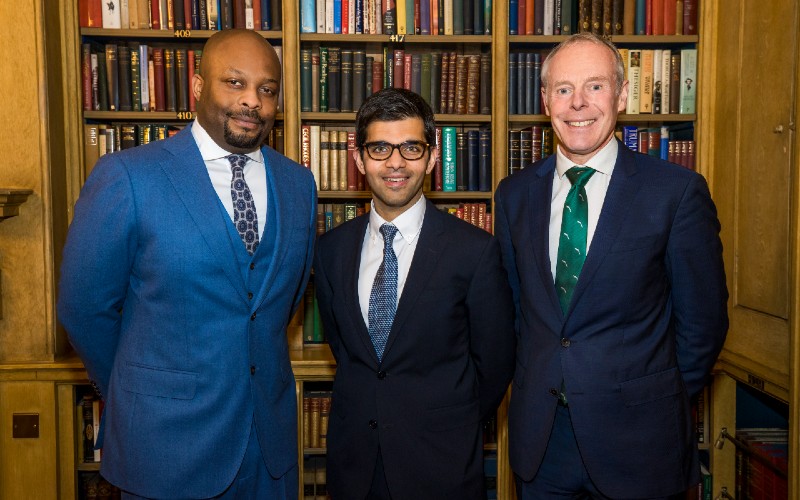A green paper has called for a joint public-private exploration of a ‘digital pound’ UK currency ahead of a real-world pilot.
Project New Era, an initiative led by The Payments Association, paywith.glass and other private industry stakeholders – and supported by Boston Consulting Group – has published the ‘A New Era for Money’ report.
The paper advocates for collaboration between central banks, regulators, commercial banks and other financial institutions towards the exploration of a retail Central Bank Digital Currency (CBDC) in the UK.
It will be followed by real-world pilots to address open design questions and mitigate risks. The pilots will generate working data and feedback that central banks and policymakers can use to inform open design questions and enable relevant authorities to make policy decisions.
CBDCs have emerged in recent years in response to the decline in cash payments, the search for payment efficiencies and the emergence of private digital currencies, such as cryptocurrencies and stablecoins.
Most central banks are currently researching CBDCs with The Bahamas, Cambodia and Nigeria already launching full implementations. China is expanding its pilot of a ‘Digital Yuan’ to tens of millions of users and India has recently announced a Digital Rupee, expected by 2023.
The primary benefits of CBDCs include near-instant settlement, the potential for reduced transaction costs, enhanced security and programmable payments – a new breed of automated payment. Secondary benefits like financial inclusion vary in materiality by country; while monetary policy implementation and countering the threat of stablecoins with a CBDC are yet to be established.
The report suggests there is potential for a CBDC to power an alternative, regulated digital currency ecosystem that could otherwise be filled by privately issued alternatives such as stablecoins.
“Much has been written about the challenges posed by a retail CBDC, including the macroeconomic risks like bank disintermediation and the role of commercial banks and other FIs in the new ecosystem,” said Kunal Jhanji, MD and partner at BCG.
“These challenges require the public and private sectors to come together and create an inclusive framework for new infrastructure, legislation and policy that resolves open questions and responsibly unlocks the transformative benefits of digital money for the UK.”
The report pointed out that cryptocurrency and stablecoin exchange volume growth have both grown 1,000% across 2020-21, further indicating the potential for CBDCs .
It said central banks can bring the industry together with an inclusive roadmap for public-private collaboration to address open questions, risks and intended roles left to commercial banks and other financial institutions.
To facilitate this, Project New Era aims to form a private consortium in the UK – the Digital FMI Consortium – with central banks, regulators, and government kept informed of progress. The consortium will issue dSterling, a digital settlement asset similar to a CBDC, to drive the pilot.
The focus of the consortium will be to undertake a set of pilots to enable real-world testing of retail payments, cross-border transactions, tokenisation-as-a-service and in servicing payment institutions and electronic money issuers.
“The widespread adoption of CBDCs could be as important to the 21st Century as the end of the gold standard was to the 20th,” said Tony Craddock, director general of The Payments Association.
“Because of the UK’s long-standing position at the forefront of global financial services we have an opportunity to take a leading role in the next generation of financial services.
“Our next step will be to build a larger stakeholder network from the public and private sector that will be key in building the pilot project.”

